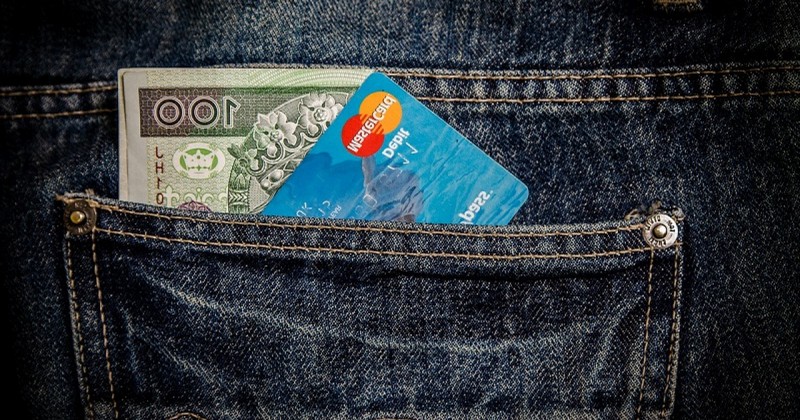Poor people are more rational than rich people in making purchasing decisions

Do poor people manage their resources better? One study suggests they do.
Imagine the following scenario. One weekday you go to an electronics retailer with the intention of buying a new printer. Once there, someone informs you that the price of the printer is 250 euros, yet you know that in a store 20 minutes away you can get the same product for 50 euros less. Would it be worth the trip to save that money?
Probably, unless you have an emergency. However, what if the printer cost 1,000 euros, would it still be a good option to walk for 20 minutes to save 50 euros? In this case, you may have more doubts.
Rich and poor: what are the differences in how they manage their financial resources?
Interestingly, in the second case people are more likely to undervalue the convenience of going to the other store, although the savings are exactly the same in both scenarios: 50 euros, a not inconsiderable amount. Deciding to make the trip when the printer costs 250 euros but not doing so when it costs much more is a clear symptom of the fact that our decisions and economic decisions are not based on rational criteria alone. are not based solely on rational cost-benefit criteria.. And, curiously, it seems that this is more evident in people who are better off, while poor people do not fall into this type of trap so easily.
One team of researchers has provided evidence for these differential tendencies by having rich and poor people face a situation similar to the one described in the printer example. To do this, they divided more than 2,500 participants into two groups: those whose income was above the national average and those whose income was below it.
The results, published in the journal Psychological Scienceare intriguing. While members of the "affluent" group tended to be more likely to make the trip when the product was cheaper, this was not true for the group of people with below-average incomes. The latter were equally likely to make the trip in both scenarios.
Why does this happen?
The researchers who conducted the study believe that this pattern is explained by the way in which rich and poor people consider whether or not making the trip is worthwhile.. People with high incomes would tend to approach the question starting from the price of the product, and since the discount may seem more or less insignificant depending on the total price to be paid, their decision would depend on the amount they have to pay. This is an example of a heuristic: if the discount seems small compared to the price, it is not really too important. People with low incomes, however, would start by valuing the discount, not the price of the product, and then consider what they can buy with the amount saved: perhaps a nice pair of pants, or dinner for two at a restaurant.
Bottom line, the value that people with low incomes would place on the discount does not depend on the total price of the product, and so it is more of a criterion for the value of the discount.and is therefore a more robust and rational criterion. Possibly, these people are forced to make daily decisions according to a cost-benefit logic, while the population in a more comfortable economic situation can afford certain eccentricities when deciding what to buy and where to buy it.
From economics to thinking
Karl Marx argued that the conceptual categories with which we think have their origin in the different modes of production. modes of production of each epoch. Similarly, studies like this one show how the economic sphere influences how the economic sphere influences the way of thinking.. The dividing line between rich and poor is not only in their material means of subsistence, but also in the different points of view they use to approach reality. In a way, having more or less possibilities to get ahead economically could make things look very differently.
This does not necessarily turn the economically disadvantaged population into a privileged class, as they are more rational in making certain types of decisions. They probably follow a cost-benefit logic because the opposite can harm them much more than the rest of the people: it is a style of thinking based on the need for subsistence. style of thinking based on the need for subsistence.. Perhaps by understanding the pitfalls that separate the ways of thinking between the humblest popular strata and the privileged minorities, certain social problems can be better addressed.
Bibliographical references
- Shah, A. K., Shafir, E. and Mullainathan (2015). Scarcity Frames Value. Psychological Science, 26(4), pp. 402 - 412.
(Updated at Apr 13 / 2024)